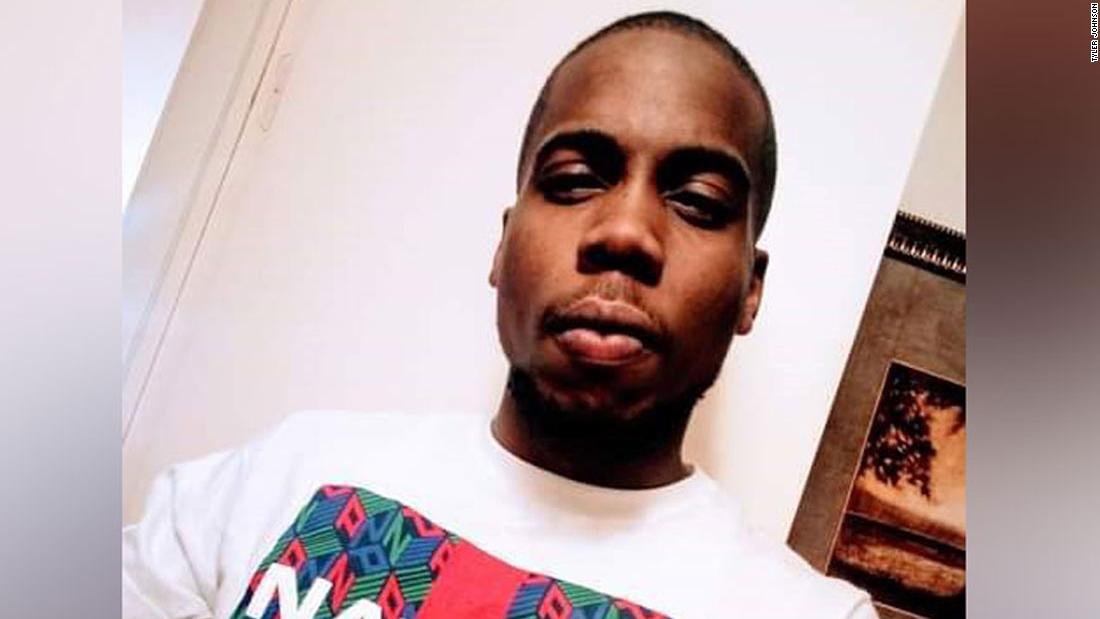
About 10 months later, Davis is still looking for work. A veteran of over 20 years in the restaurant industry, she has applied “non-stop” in a wide variety of positions, including administration, operations and as an executive assistant, with little or no response.
To give herself more options, she is now studying to become a real estate agent and is taking classes online for her BA in Marketing at the University of Maryland.
“I’m trying to find everything I can get there,” said Davis, 36, who lives in Bethesda, Maryland. “The truth is, the catering, restaurant and event industries will not be the same for a few years.”
Although employers have reemployed millions of Americans since the coronavirus pandemic upset the economy last spring, nearly 4 million workers like Davis are now among the long-term unemployed, up from 2.4 million in September. These people, who have been unemployed for at least six months, make up over 37% of the unemployed.
Once the unemployed reach such a dismal milestone, it is often difficult for them to return to the workforce – thus slowing the country’s economic recovery even further.
“They are stuck and start to face discrimination,” said William Spriggs, a professor of economics at Howard University and chief economist at AFL-CIO. “The employers think they are damaged goods.”
A deeper look at the Bureau of Labor Statistics data shows that just over half of those who are long-term unemployed come from a handful of industries: entertainment and hospitality, which make up a quarter of the group, as well as education, health services, wholesale and retail trade.
High-skilled and less-skilled workers are more difficult to secure a new position, as management, professional and sales workers have higher long-term unemployment rates than those in service jobs.
Meanwhile, among unemployed black and Asian Americans, more than 40% have been unemployed for at least half a year, according to federal data. But the number is closer to a third among their white and Latino counterparts.
Women are slightly more likely to be unemployed for long periods of time than men, particularly among those between the ages of 25 and 44. The opposite is true among those between the ages of 45 and 64.
Intense competition for jobs
Tyler Johnson lost his job in April, registering clients with a telecoms company. The 23-year-old wants to stay in marketing to use his certifications. He also hopes to work from home because he is worried about catching the Coronavirus.
While a Tulsa, Oklahoma resident said he might have been able to work at a fast food restaurant, he’s trying not to hold back in his career. He conducted many virtual interviews for telecom jobs, but was later told that a more qualified person was chosen.
“The workforce is full,” said Johnson, who is also building his own company, Clay Johnson to Promotional Entertainment. “Lots of people are looking for the same job.”
Another 4.5 million Americans received payments through the Pandemic Unemployment Assistance Program, which has opened benefits to those who are not traditionally qualified, including freelancers, temporary workers and the self-employed.
Andrew Abold is grateful that Congress extended the expiring unemployment programs and included an additional $ 300 per week. Disneyworld’s entertainment technician, Appold has been licensed since April. He’s surpassed his savings amassed last year of $ 600, and has had to turn to family and credit cards to make ends meet. He is only receiving $ 275 a week in state unemployment benefits.
Abold, 31, completed a master’s degree in organizational leadership and project management last year. Residents of Davenport, Florida applied for several hundred jobs across the country, but only got one interview for a personal assistant job that he ultimately didn’t get.
And these days, more and more jobs he sees posted to fill low-paying jobs outperform his qualifications.
His next step: Appold plans to save as much money as possible to start traveling to other cities to personally hand out resumes at companies. He is also working on developing a pop culture graphic arts clothing line, Ajakob Fashion.
“Applying for jobs on LinkedIn to anonymous email addresses that you cannot reply to is not feasible anymore,” said Abold.

“Професійний вирішувач проблем. Тонко чарівний любитель бекону. Геймер. Завзятий алкогольний ботанік. Музичний трейлер”




